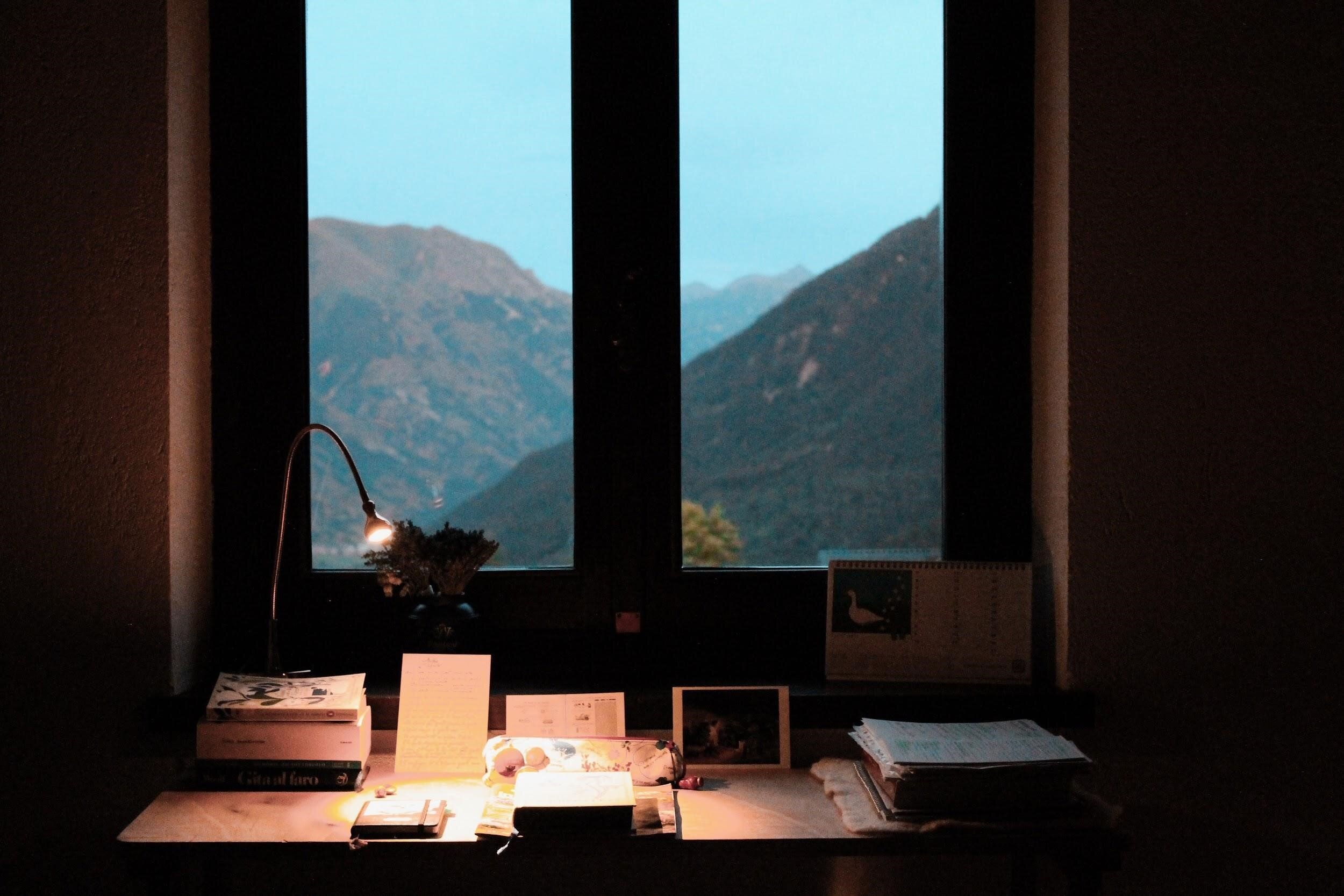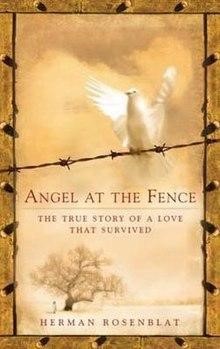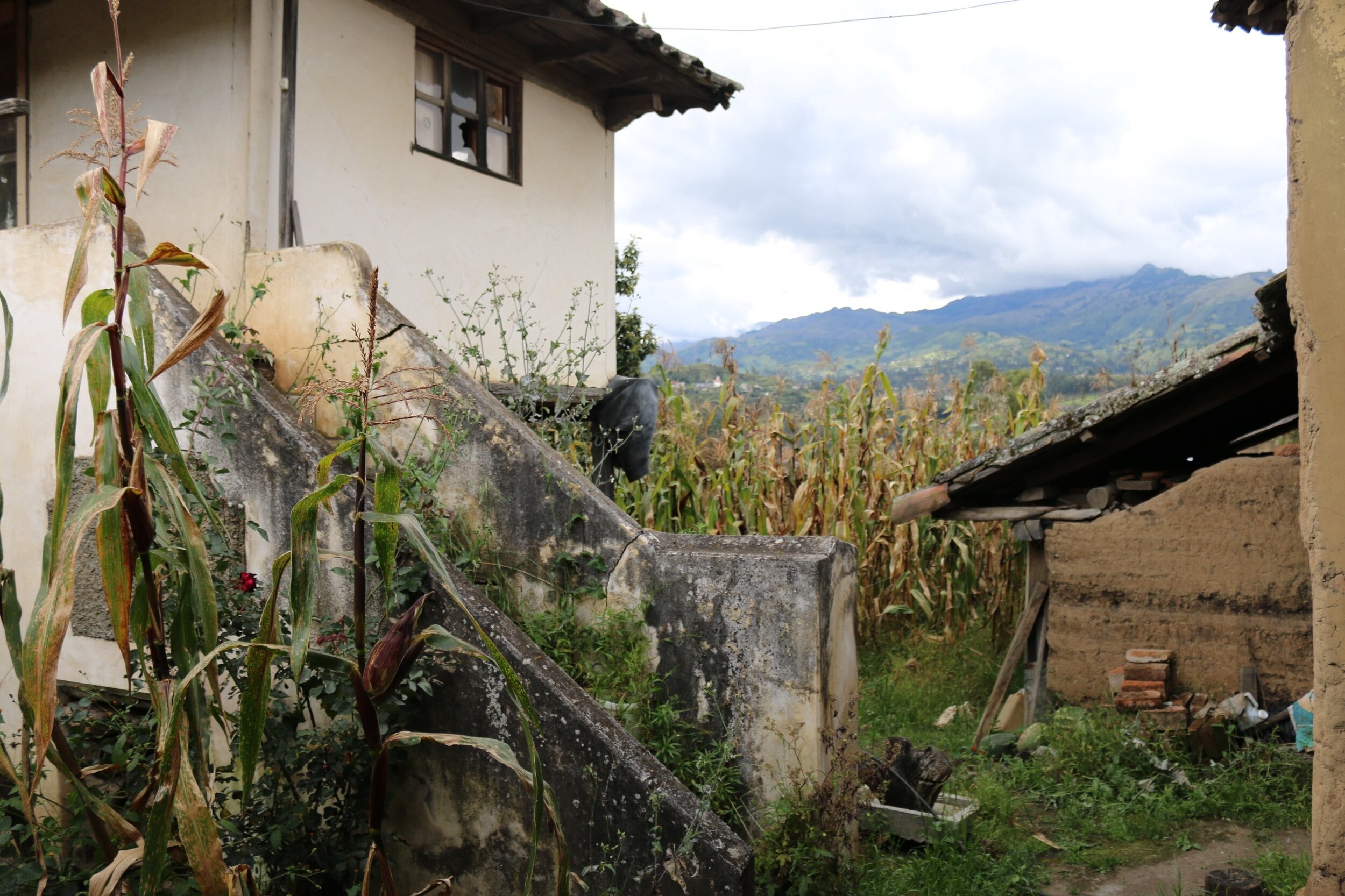What does an actor/actress look like when off-stage in the real world? The human drama goes on beyond the curtain fall. In this piece, OHMA student Yiling (Nina) Zhou draws from an interview she conducted studying the history of Cantonese Opera in Canada and reflects on her oral history project. This approach was inspired by the recent OHMA workshop with Nikki Yeboah, whose oral history performance project, “The (M)others, explores the stories of four women who lost their loved ones to police brutality. Her process of theatre-making shows an empowering way in storytelling of women.
Read MoreThere are many factors at play during an interview, affecting both the questions being asked and the stories being told. In this blog post, current OHMA student Lauren Instenes analyses the impact of one of the less talked about factors, space.
Read MoreIn this blogpost, inspired by Carlin Zia’s March 5th OHMA presentation on her book “Uncertain Journeys,” Lisa R. Cohen reflects on the fluid nature of shared memories in different spaces - traveling back and forth between spoken, written, physical and even, increasingly, the virtual world.
Read MoreTed Kerr’s wise words inspired OHMA student Eleonora Anedda to reflect on the responsibilities of oral historians in times of crisis. Not so much on their duty towards others, but their obligations towards themselves. This piece will examine much needed self care habits that can be incorporated in our lockdown routines.
Read MoreIn this blog post, current OHMA student Marina Labarthe del Solar shares a conversation with Theodore Kerr about the importance of being transparent about your identity and positionality with the communities you work with. Marina writes about identity politics and how knowing where you stand with respect to power is an essential skill for oral historians.
Read MoreHow do you engage in a dialogue with a narrator who lives permanently in an institution? Let me tell you a story.
Read MoreIn this piece, Francine D. Spang-Willis reimagines a relationship with oral history and technology to create artificial intelligence that is more representative of and responsive to maintaining and perpetuating Indigenous language, knowledge, and culture. The piece is inspired by Stephanie Dinkins' Oral History as Told by AI presentation given on April 2, 2020.
Read MoreTo capture the complexity of the coronavirus pandemic, and to honour the voices of the communities most impacted, journalists can draw upon some of the techniques practiced by oral history.
Read MoreHow can we invite people to dig into their memories and offer us their stories? In this blog post, Amanda Blewitt, a doctoral student in International Education, reflects on how sharing experiences with participants can evoke the past while connecting us in the present. This reflection was inspired by Laura Mitchison’s conversation with OHMA on April 9, 2020.
Read MoreHow do you describe who you are? What words do you choose? What meanings do your choices carry with them? Current OHMA student Lily Doron ponders these questions in this essay on identity, language, and how we see ourselves. It is inspired by Carlin Zia’s OHMA workshop presentation, Uncertain Journeys.
Read MoreDr. Alexis Pauline Gumbs listens for a living: the mission of her work is to “create infinite ways to facilitate listening.” The renowned black feminist scholar and poet shared with us how she approaches listening to herself/body/spirit, to artistic inspiration and to others during her November 7th “"Necessary as Water": Queer Black Ceremony and the Depth of Listening” workshop. She also facilitated a listening “Oracle Circle” for audience members. Gallant Zhuangli, a Barnard College senior and oral history enthusiast, was inspired to lead an “Oracle Circle” of her own in an effort to better understand and reflect on Dr. Gumbs’ innovative listening practices.
Read MoreWhat do a 4 am wake-up time, the base of a pyramid, and the origin of a mathematical graph have in common? In Liu Chen’s post on the workshop led by Dr. Alexis Pauline Gumbs, they reflect on priorities in oral history practices, intuition, and the value of darkness.
Read MoreHi, I’m Zack Daniel Schiavetta, of the 2020 OHMA cohort, and for this blog post I’m writing about applying utilitarian ethics, which seeks to provide the maximum good for the greatest number of people, to oral history to make the field accessible to as many people as possible.
Read MoreOn October 24, Dr. Kahente Horn-Miller, of the Mohawk Nation, gave a powerful sharing about her ancestors, culture, and connection to the earth through monologue, song, and dance during the presentation of Standing with Sky Woman: A conversation on cultural fluency. In this post, current OHMA student, Francine D. Spang-Willis, considers the method of transferring Indigenous knowledge to both Indigenous and non-Indigenous peoples through storytelling as an oral history method. She also explores oral history as ceremony and ceremony as oral history.
Read MoreOral history has been a practice in academic spaces for a short time, but has existed in indigenous cultures and oral traditions for many, many years. Dr. Alexis Gumbs @alexispauline explores in she work topics such as: elders, listening, embodiment and even learning from marine mammals. Noor Alzamami takes a deeper look at the connections between animism and oral history in this post after reflecting on Dr. Alexis Gumbs presentation.
Read MoreDuring the second OHMA workshop, Newest Americans: Stories from the Global City, co-founder and director Tim Raphael presented an exciting possibility for the activation of oral history archives: collaborative multimedia and social media platforms. In this blog post, Thu Anh Le explores the unique nuances of this creative storytelling process with the reflection of her advocacy works in Vietnam, and contemplates further implication of oral history as a discipline that challenges our current understanding of academic legitimization and epistemology.
Read MoreIn this piece, current OHMA student Eleonora Anedda (2019-2020 cohort) wanders around the ethics of storytelling. Her post was inspired by Tim Raphael’s presentation on his ongoing project Newest Americans, and its multimedia oral history archive.
Read MoreIntro: Stories of survival, hope, and love have helped shape the narratives of Holocaust survivors. But what happens when what we perceive to be the truth is actually a lie? In this post, current OHMA student, Elizabeth Jefimova, will discuss the role of truth and accountability in oral testimonies when faced with portions of narratives that are fabricated.
Read MoreIntro: Dr. Nēpia Mahuika’s September 26th workshop titled “Oral History and Indigenous Peoples: Rethinking Oral History, Methods, Politics and Theories” highlighted the intricate histories and traditions of indigenous communities that the academic field of oral history has begun to recognize. Dr., Mahuika is the author of soon to be published book Rethinking Oral History and Tradition from the Oxford University Press.
Read MoreOn October 3, OHMA alumna Emma Courtland presented her thesis, Finding Fathers: A Cautionary Tale for Oral Historians, including audio that highlighted the ways in which her personal journey paralleled those of her narrators. In this post, current OHMA student, Jennie Morrison, considers what it means for oral historians to share pieces of themselves with their narrators, as well as how that shapes the listening process.
Read More













![A black and white photograph of Downtown Manhattan taken from the Empire State Building. It was March 2018, a cloudy day in New York. The fog blurred the skyscrapers in the Financial District. There are no humans in this picture, just buildings.[1]](https://images.squarespace-cdn.com/content/v1/50d0a18de4b07abde41656e7/1574204315841-51CKE5U0MJXHAP3RX74Z/Ele.jpg)



